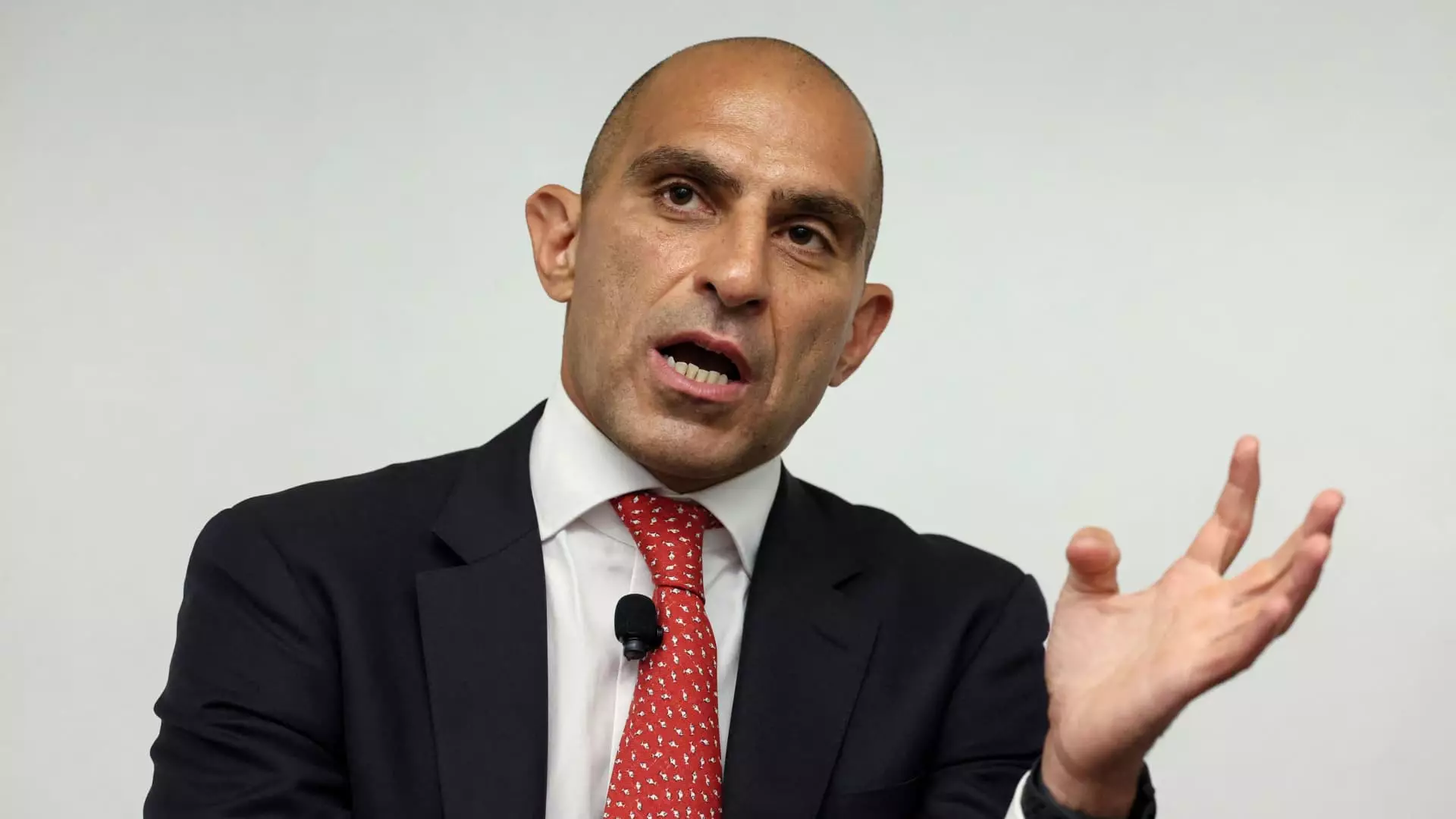In the ever-evolving landscape of financial markets, the role of regulatory bodies has grown increasingly complex, particularly in the context of emerging technologies such as digital assets. Rostin Behnam, the chairman of the Commodity Futures Trading Commission (CFTC), recently shared insights into the challenges facing the agency at the DC Fintech Week conference in Washington, D.C. As financial systems confront innovative solutions and the risks associated with them, effective regulations become paramount for ensuring market integrity and protecting consumers.
One of the pivotal cases illustrating the CFTC’s current challenges is its attempt to prohibit Kalshi, a financial exchange, from offering contracts related to U.S. election outcomes. The agency’s legal battle to restrict these contracts has highlighted a deep-seated debate regarding the legality and ethical implications of allowing market participants to bet on political outcomes. Behnam has reiterated the CFTC’s long-held stance against such betting, stating, “We don’t believe listing event contracts on political elections is legal.” However, the recent court decision to lift an injunction allows Kalshi to proceed with these contracts pending the CFTC’s appeal, putting the spotlight on the agency’s regulatory authority and its implications for market integrity.
Beyond the complexities of election-related contracts, the CFTC faces the daunting task of regulating the burgeoning digital assets sector. In his remarks, Behnam voiced concerns that the lack of a cohesive federal legislative framework leaves investors vulnerable to scams and fraud within the digital asset space. “While everyday Americans fall victim to one digital asset scam after another, there remains no completed legislative response.” This statement underscores a critical gap in consumer protection, jeopardizing public trust in innovative financial instruments. The urgency for Congress to provide clear guidelines is non-negotiable, as it can mitigate risks to investors and the broader financial system.
As regulatory frameworks grapple with the dual pressures of innovation and protection, a proactive approach is essential. Encouraging dialogue between regulatory agencies, technology developers, and market participants can facilitate the establishment of effective guidelines. Additionally, enhancing public education about the risks associated with digital assets is crucial to empowering consumers in their financial decision-making processes.
While the uncertainties of political betting contracts and digital assets present pressing challenges, they also create opportunities for regulatory evolution. The CFTC’s ongoing struggles serve as a reminder that effective oversight must adapt to the increasing complexity of financial markets. A collaborative effort among regulators, legislators, and the fintech industry is vital to construct a resilient framework that enables innovation while safeguarding consumer interests.
The regulatory landscape must not only keep pace with trends but also proactively ensure that market participants can engage in safe and informed practices. As the discourse continues, it is imperative for stakeholders to advocate for a balanced approach that champions progress while maintaining consumer protections.

